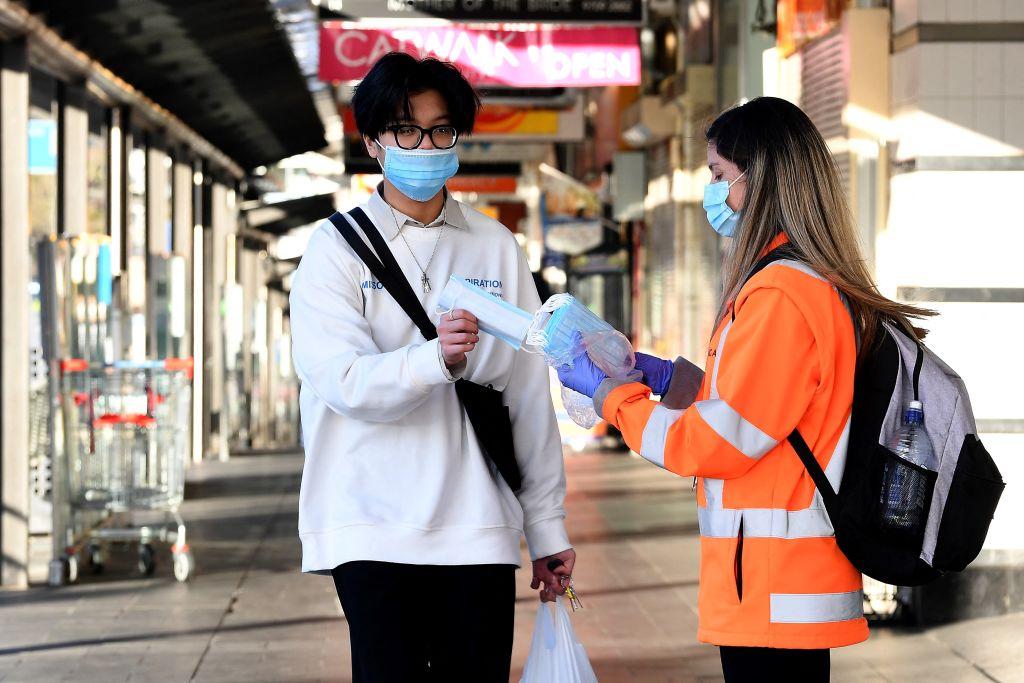The Australian state of New South Wales (NSW) has announced that a protective mask mandate and density limits at hospitality venues will be reintroduced over the Christmas period from midnight Dec. 24, despite previously scrapping the requirement due to high vaccination rates.
This comes as the number of daily COVID-19 cases in the state climbs to more than 5,000, which had already prompted the state to bring back QR check-in requirements.





